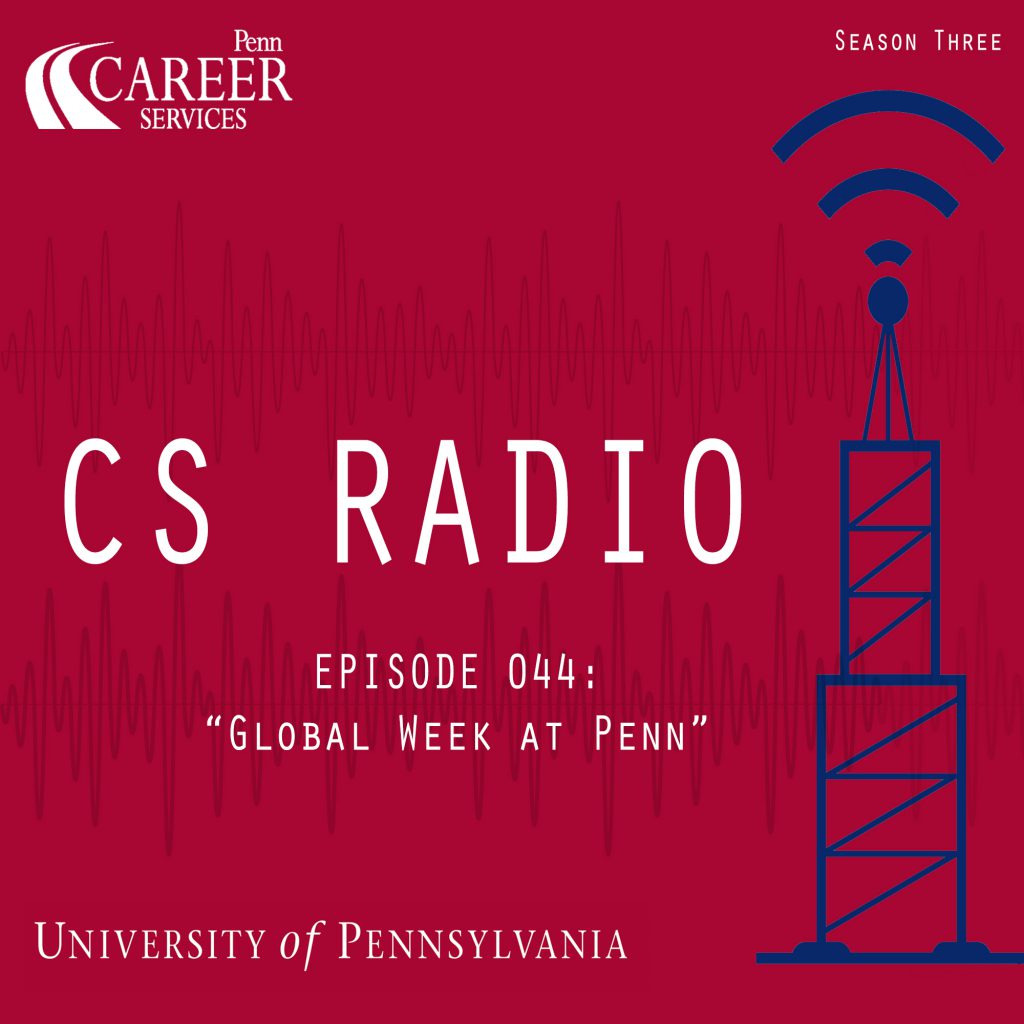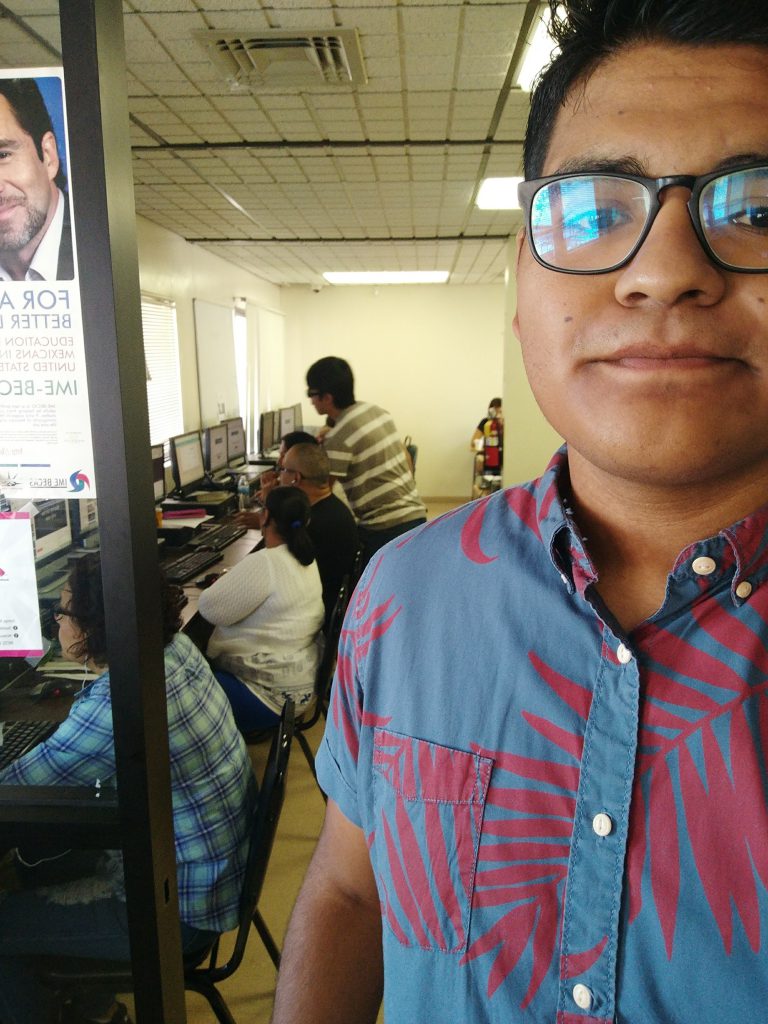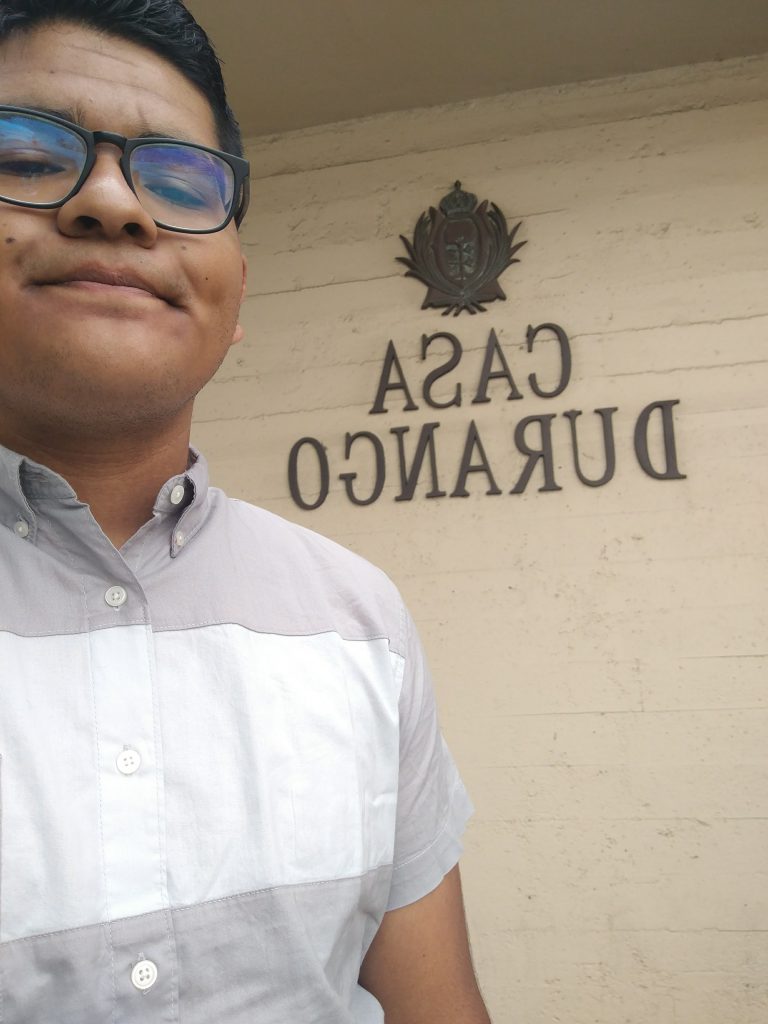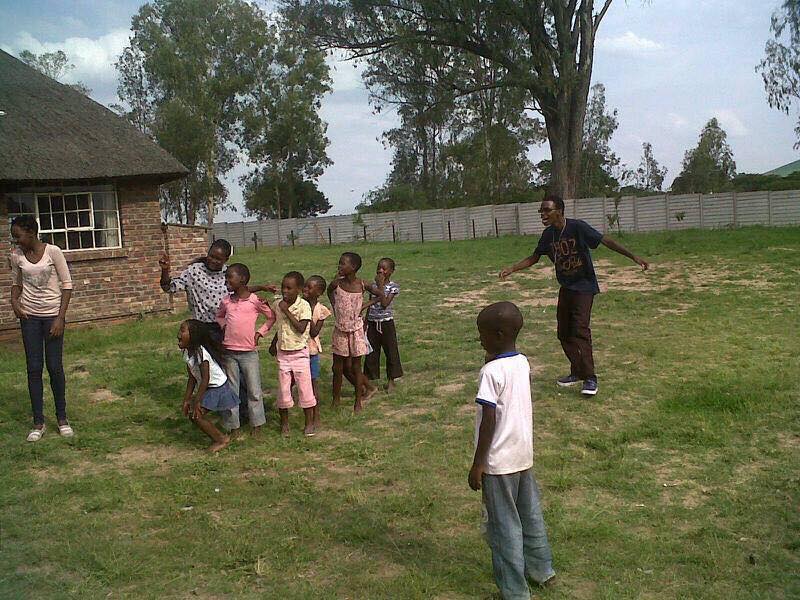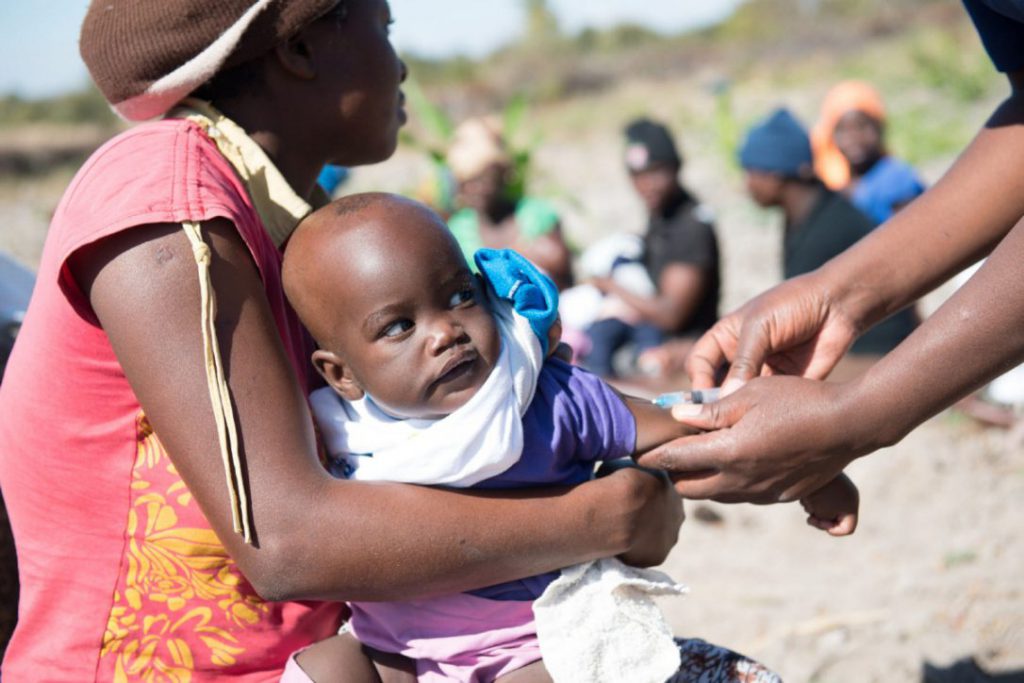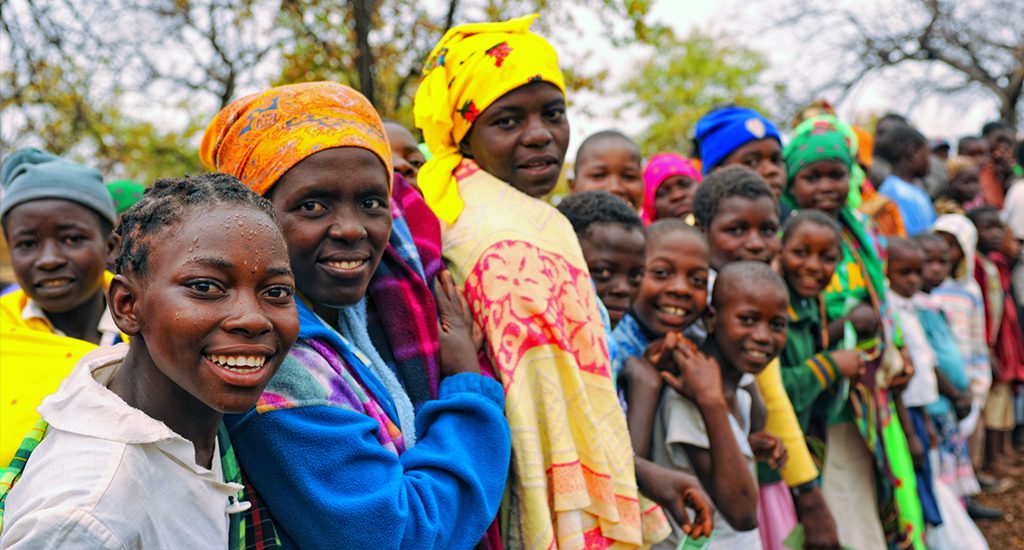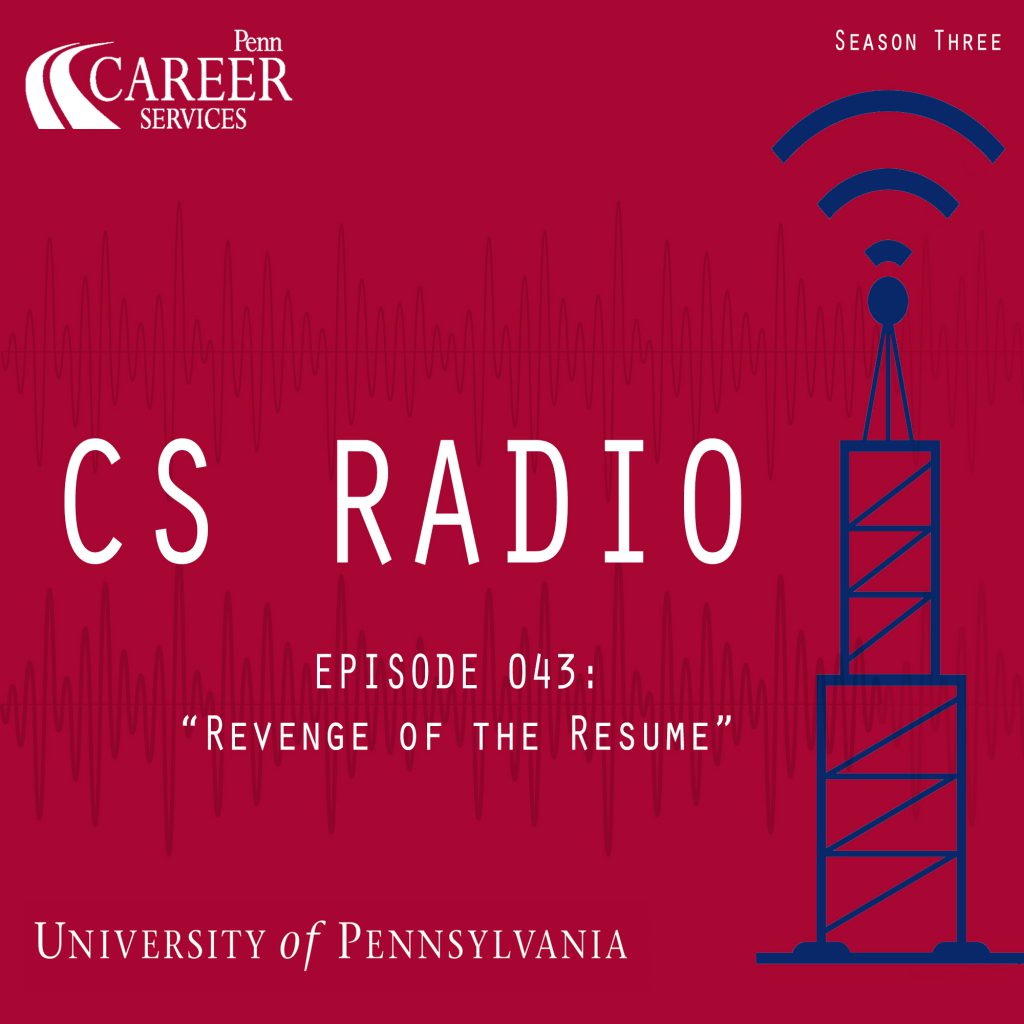This is the next in a series of posts by recipients of the Career Services Summer Funding Grant. We’ve asked funding recipients to reflect on their summer experiences and talk about the industries in which they’ve been spending their summer. You can read the entire series here.
This entry is by Angela Y. Ra, COL WH ’18
As a student in Wharton, I have seen the vast majority of my friends go into the finance industry, working atrociously long hours at investment banks, private equity firms, and hedge funds. But I always saw a different use for my finance and accounting coursework – in the public service upholding the integrity of the markets in which those investment activities take place. After interning for the Securities and Exchange Commission and experiencing the civil side of securities regulation, I was incredibly excited to learn about the criminal side of securities fraud at the U.S. Attorney’s Office for the Southern District of New York. This federal prosecutor’s office is renowned for pursuing many complex white-collar crimes due to its jurisdiction over Manhattan, the financial center of the country.
The Criminal Division of the U.S. Attorney’s Office for the Southern District houses many units that investigate cases in fields such as terrorism, narcotics, cybercrime, and public corruption. However, I was assigned to the Securities & Commodities Fraud unit, which is responsible for prosecuting crimes relating to the operation of the country’s securities and commodities market, including all varieties of securities fraud, insider trading, market manipulation schemes, and accounting and regulatory reporting frauds. During my ten weeks in the office, I was able to experience the various stages of a case – from the early inceptions of an investigation to the frenzy of trial prep to the solemnity of sentencing in convicted cases.
On a day to day basis, my work varied based on the needs of the paralegals and the Assistant U.S. Attorneys. A small sample of the tasks that I was responsible for include: cutting and serving subpoenas, logging and indexing discovery and trial materials, analyzing evidence, transcribing calls, and assisting trial teams in preparation for trial. I came to appreciate the detail-oriented nature of the work and how a minute piece of testimony could be pivotal in a case. Furthermore, I learned about how a case moves through the criminal justice system, especially with regards to the unique role that prosecutors have in seeking the truth while also upholding the rights of the defendants through ethical prosecutorial conduct.
However, the most inspiring and informative part of my internship was having the opportunity to observe the Assistant U.S. Attorneys in venues such as trial proceedings and moot opening and closing statements. Besides the caliber of the attorneys being unparalleled, it was incredibly constructive for solidifying my own aspirations of working as an attorney in the public service to see the best federal prosecutors in the country in action. The interns were also afforded another important learning opportunity through a plethora of brown bag lunch sessions, in which we heard directly from the Acting U.S. Attorney for the Southern District, Joon Kim, as well as distinguished judges, defense attorneys, and criminal investigators. This insight and advice from the diverse facets of the law enforcement system and from both sides of the bench gave me perspective on how to plan and navigate my own career path.
I would not have wanted to spend my summer in any other way or in any other place. After this internship, I am even more motivated to attend law school and become an attorney to further the mission of uncovering the truth and obtaining justice for victims of fraud and other financial crimes.


